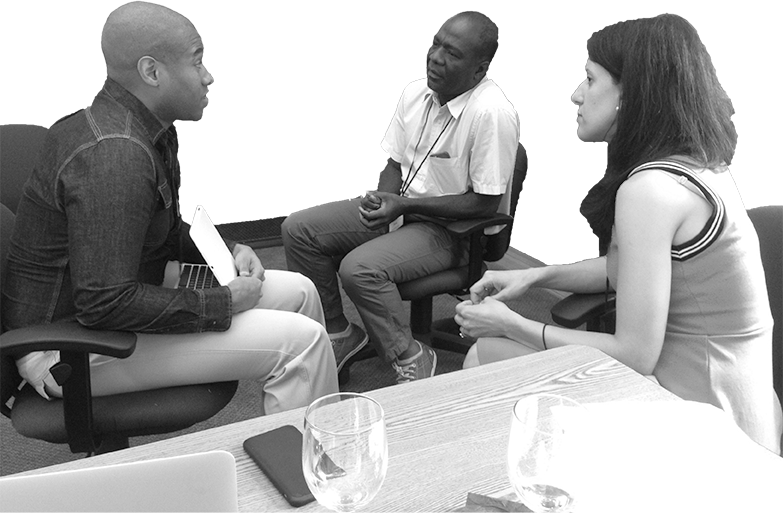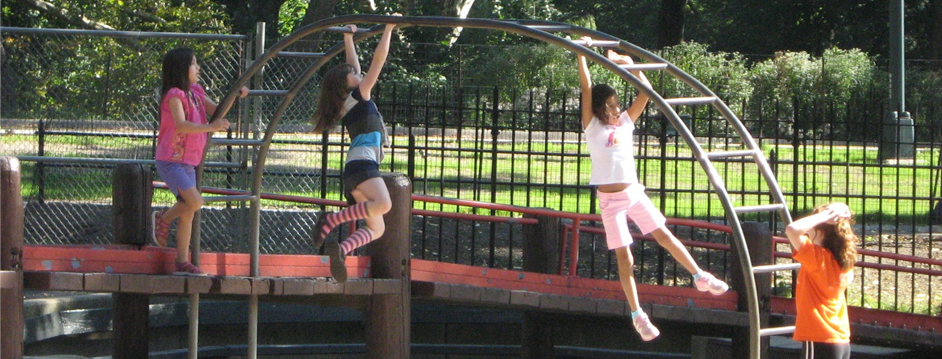 Quick Links
Quick Links
- Board of Trustees
- History
- Membership
- Mission
- Privacy Policy
- Services to Schools
- Staff
- Support
 Upcoming Events
Upcoming Events
View All
 Careers
Careers
View All
NYSAIS Principles of Best Practice for Athletics
Principles of Best Practice Athletics
Approved by the NYSAIS Board: May 25, 2011
Athletics can play an important role in the lives of children. The school’s athletic program should be an essential part of the education of students, fostering the development of character, life skills, sportsmanship, and teamwork.
The School’s Athletic Program
1) The school’s athletic program embodies the mission, philosophy, and objectives of the school.
2) The school ensures that coaches/athletic staff have appropriate training and knowledge of the school’s mission, philosophy and objectives.
3) The school promotes equity in all aspects of its athletic program, including equal access (for males and females) to athletics, and fair and just treatment within the overall program.
4) The school’s athletic program is an integral part of the school’s curriculum.
5) The school is committed to the safety and physical and emotional health of the participants in the athletic program. The school demonstrates this commitment by ensuring that appropriate safety precautions are in place for all athletic actives. Further, the school has appropriate response safeguards in place in the event that a student is injured.
6) The school’s athletic program values the dignity and worth of the individual in the context of common purpose and collective achievement.
7) The school educates parents about the philosophy, policies, risks, and appropriate expectations of the athletic program.
8) The school stands firmly in opposition to performance-enhancing drugs.
9) The school and its athletic program and teams do not tolerate any form of hazing.
10) The school ensures that students, parents, alumni, and others understand the expectations of sportsmanship, civility, and self-control at athletic practices and contests, much as those same characteristics are required within the more traditional academic environment.
11) The school works directly and candidly with other schools to prevent abuses in the following areas: recruitment, eligibility, transfer of student athletes, financial aid, and admission.
12) Schools must follow the NYSAIS Admissions Guidelines for recruitment of students.
The Coaches and Athletic Staff
1) Coaching is teaching: Coaches/athletic staff are, foremost, teachers. In this spirit, coaches/athletic staff have a strong collegial relationship with other educators and contribute to the school’s understanding of the whole child.
2) Coaches/athletic staff have an understanding of the developmental needs of the children with whom they work.
3) Coaches/athletic staff design and implement activities that improve the knowledge and skills of all participants.
4) Coaches/athletic staff should establish clear lines of communication among school officials, coaches/athletic staff, student-athletes, and parents.
5) Coaches/athletic staff are aware of the physical abilities of their athletes and do their best to keep the athletes safe while encouraging students to reach new levels of achievement.
6) Coaches/athletic staff maintain the appropriate skills to teach their sport(s) and provide appropriate first aid to an injured athlete. Coaches/athletic staff should identify physical conditions that predispose student-athletes to injuries.
7) Coaches/athletic staff mentoring athletic teams and events are role models for the behavior expected of all spectators and participants at any athletic event.
8) A well-developed coaching philosophy provides expectations for behaviors that reflect priorities and values of the coach. An appropriate coaching perspective focuses on maximizing the positive benefits of sports participation from each student-athlete.
NYSAIS Recruitment Ethos
NYSAIS supports recruitment of talented students whose abilities in the classroom and in athletics enrich their schools. Conversely, NYSAIS opposes recruitment solely on the basis of athletic talent. While recruitment is usually conducted at the coach/teacher/parent/alum level, the importance of a stated philosophy, recognized, verbalized and supported by the Head of School, is necessary for ensuring athletics its rightful place in our member schools.
NYSAIS Recruitment Guidelines
NYSAIS recognizes that athletics play an important role in our schools and that recruitment of qualified students with athletic ability is part of our practice. We also acknowledge the potential for abuse. To encourage practices that sustain athletics as a complement to each school’s academic program and to assure equity for all schools, we expect the following from our member schools:
1) The athletic program should be considered as part of the school’s total program. Candidates with special interests or talents must always be informed of the academic nature of the school and of the school’s expectations for involvement and participation in all areas of the school life.
2) Upper School Coaches/athletic staff may only attend a contest (not practice) at a school that ends at the Middle School level. They may only speak in general terms with students whose special talents or interests may bring him or her to public attention. All further communication should be handled under the direction of the admissions office.
3) If a candidate initiates an inquiry to a school by contacting directly an extracurricular leader or coach, the coach is free to answer whatever questions the candidate may have about the school generally or of their program in particular. Extracurricular leaders or coaches/athletic staff must tell the candidate to contact the admissions office independently to arrange for the mailing of admissions materials and to schedule a school visit as appropriate. The school application fee should only be waived on the basis of financial need.
4) Specific Questions about financial aid should be directed to an admissions officer or the director of financial aid, and nowhere else. All inquiries as to the outcome of a student’s application must be referred to the admissions office. The financial aid package should be part of the normal financial aid program of the school.
5) Candidates may visit team practices, athletic contests, etc. but they may not participate in any formal or informal practice session during any school visit to the school.
6) No school through any of its officers or by any other means should directly or indirectly offer an inducement to a pupil of any school to sever connections with that school and transfer to another.
The NYSAIS Principles of Best Practice for member schools define high standards and ethical behavior in key areas of school operations to guide schools in becoming the best education communities they can be. Accordingly, membership in NYSAIS is contingent upon agreement to abide by “the spirit” of the PBPs. Principles are precepts grounded in an ethic and ethos of “doing the right thing.” Practices are common activities.












